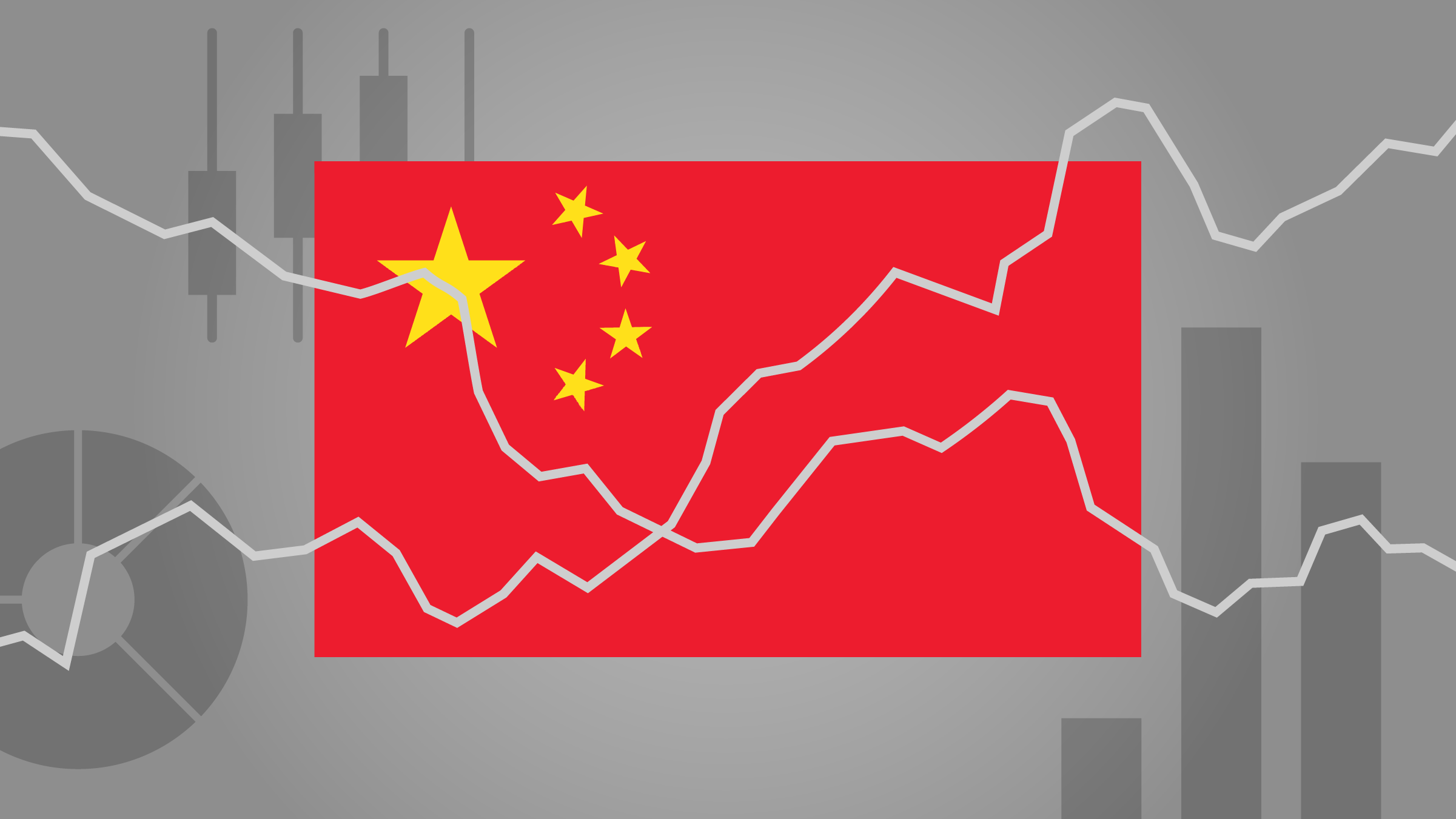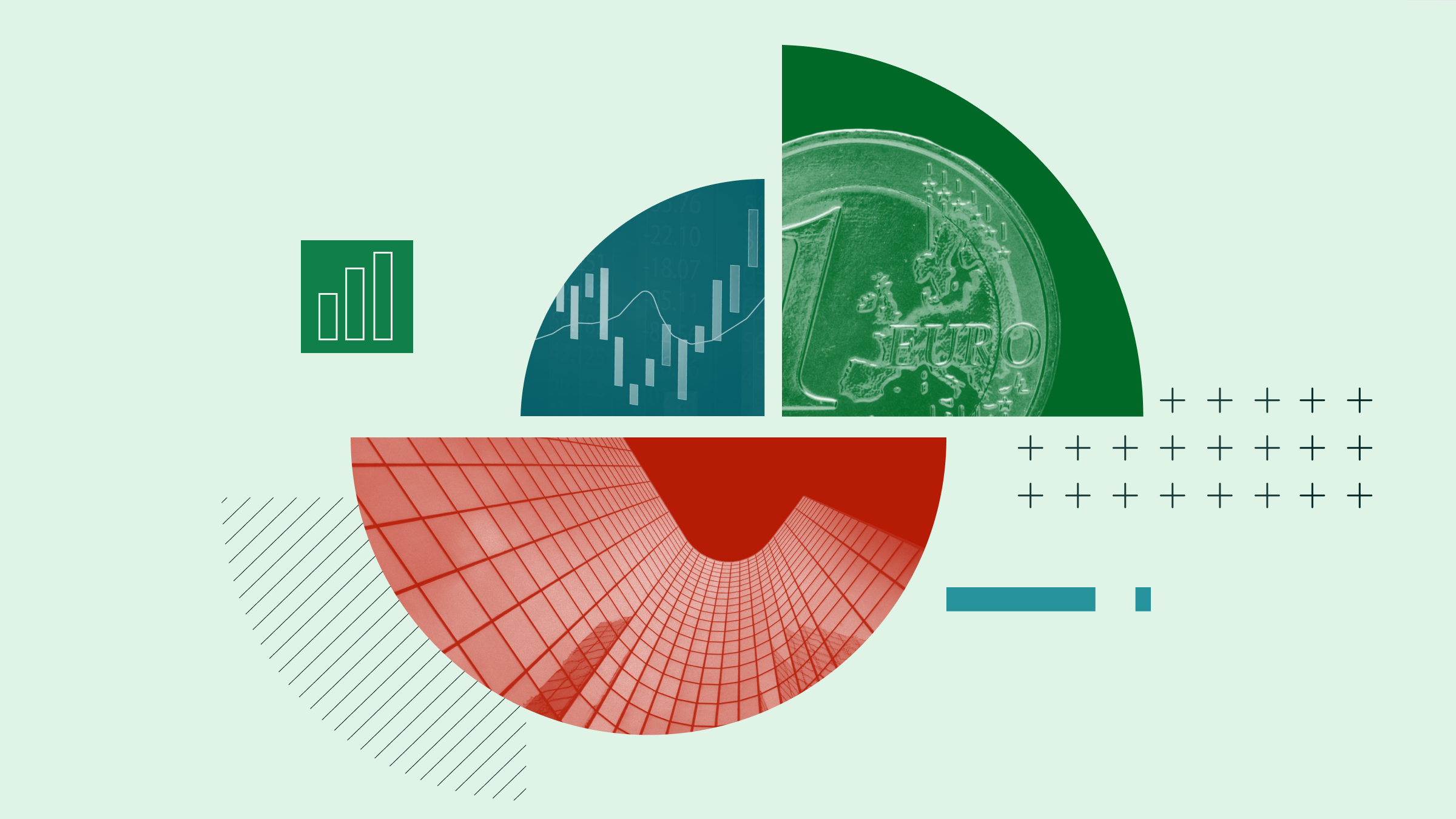Mara Dobrescu: The results of the pan-European Awards for Investing Excellence 2020 are in, and this year, we're taking a slightly different direction as we're announcing the winners across our websites. For the Outstanding Portfolio Manager Award our analysts have taken a hard look at portfolio managers who demonstrate excellent investment skills, the courage to differ from the consensus as well as alignment of interest with fundholders. Candidates for this award must run a fund with Morningstar analyst rating of Gold or Silver on at least one share class. After a lively debate amongst our analysts, we have voted and elected Philippe Igigabel as the winner of the Outstanding Portfolio Manager Award. Philippe is a seasoned high yield investor who has run HSBC GIF Euro High Yield for close to two decades with an approach grounded in thorough bottom-up research and an attention to valuations.
Today, I'm very pleased to be joined by Philippe. First of all, congratulations.
Philippe Igigabel: Thank you, Mara. Thank you very much for this award. It's an excellent news and thank you for this.
Dobrescu: So, Philippe, your fund has delivered on its promise by showing remarkable resilience over the long term but also this year. What have been the main drivers of this success?
Igigabel: For this year, by experience we know that forecasting is very difficult. So, therefore, before buying something in the portfolio, we always ask ourselves what happens if our assumptions are too optimistic. In other words, we want to have a margin for error just in case something unexpected happens. But at the beginning of this year spreads were small, risk premiums were compressed and not many issuers, not many bonds were offering this margin for error. Therefore, we remained disciplined and we positioned the fund very defensively, so defensively actually that it only experienced minimal credit quality deterioration during the crisis. This explains its resilience.
Dobrescu: Thanks, Philippe. As default rates are creeping up in most markets, how are you identifying those sectors and companies that are more likely to survive in an economic slowdown?
Igigabel: We are looking at three things mainly. First of all, the resilience of the business model. Sometimes it's very intuitive but not always. A sector like shipping, for example, traditionally very cyclical, is doing quite well in the current environment. Very importantly, we now have the financial results for the second quarter and a very good idea about what the third quarter looked like as well. So, this is really helping us to do a much better sensitivity analysis of the business to the COVID crisis.
The second thing we look at is the financial profile. Basically, more depth, more leverage means a lower resilience because depth is a fixed cost. And the third point we look at is the access or lack of access to financing if needed. This is very correlated to the size of the issuer. In this crisis being larger is an advantage because it gives you better access to debt financing, or even better to equity financing. So, these are the three points we look at, at the moment.
Dobrescu: And looking at the longer-term picture, are you seeing more secular trends like the shift to work from home or changing consumption patterns that are likely to structurally impact sectors or companies that you're more traditionally invested in?
Igigabel: Yes, when this crisis is over, it's very likely that consumers around the globe will have spent roughly one year experimenting with a new way of life, with a new way of working or buying things. One year is a sufficiently long time for these things to have become new habits, especially when consumers prefer them to their old routines. So, yes, we think that a large part of working from home or ecommerce, these things are largely structural, and we have to integrate them in our investment decisions because they have widespread implications for all sectors from real estate, to retail, to logistics and so on.
Dobrescu: Philippe, thank you for your time and again, congratulations on winning this award.
Igigabel: Many thanks, Mara. It was a pleasure to speak with you today.
Dobrescu: For Morningstar, this is Mara Dobrescu. Thanks for watching.








:quality(80)/cloudfront-us-east-1.images.arcpublishing.com/morningstar/Q7DQFQYMEZD7HIR6KC5R42XEDI.png)

:quality(80)/cloudfront-us-east-1.images.arcpublishing.com/morningstar/A6OOX7PBSVEJ5BXDFSPKGLO72M.png)











